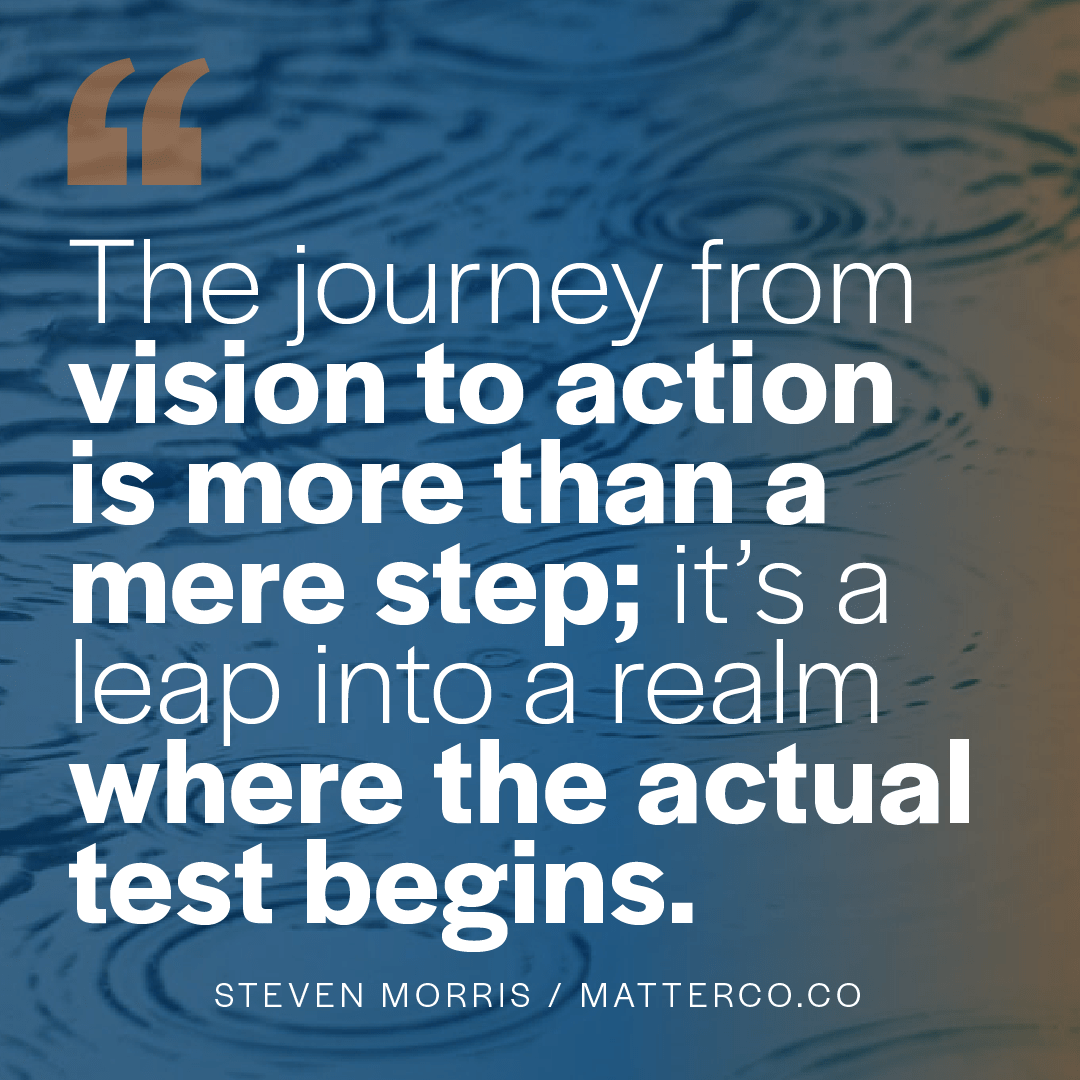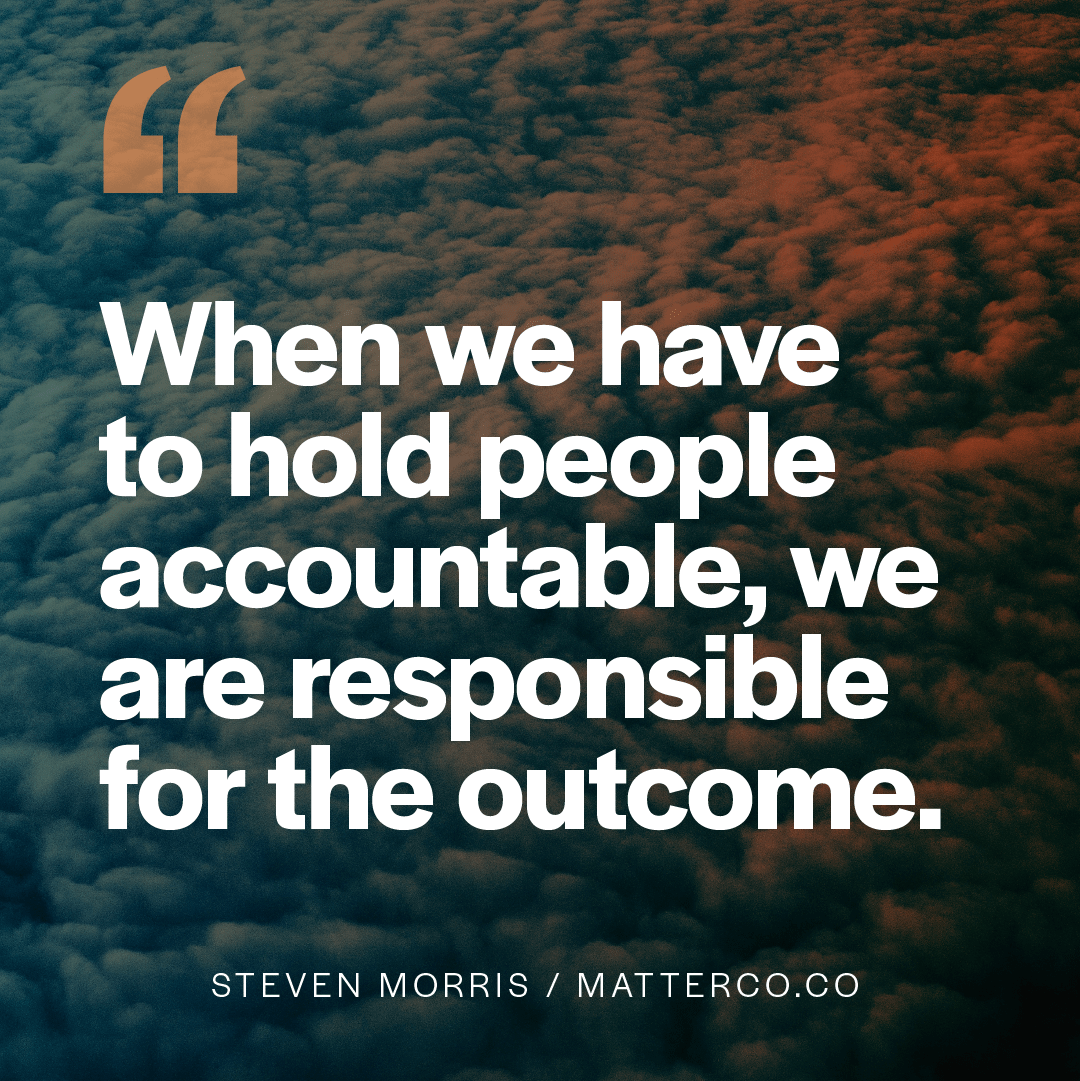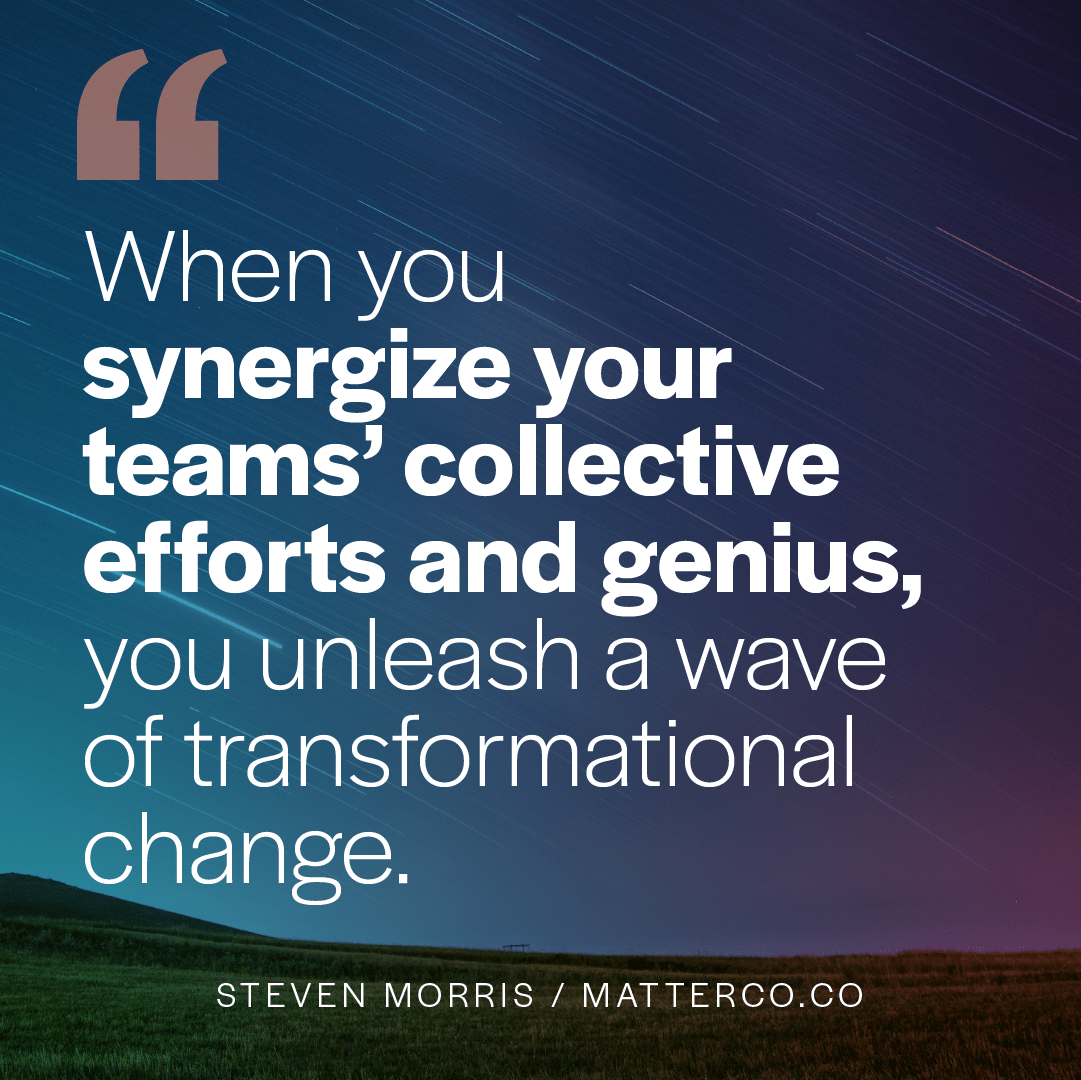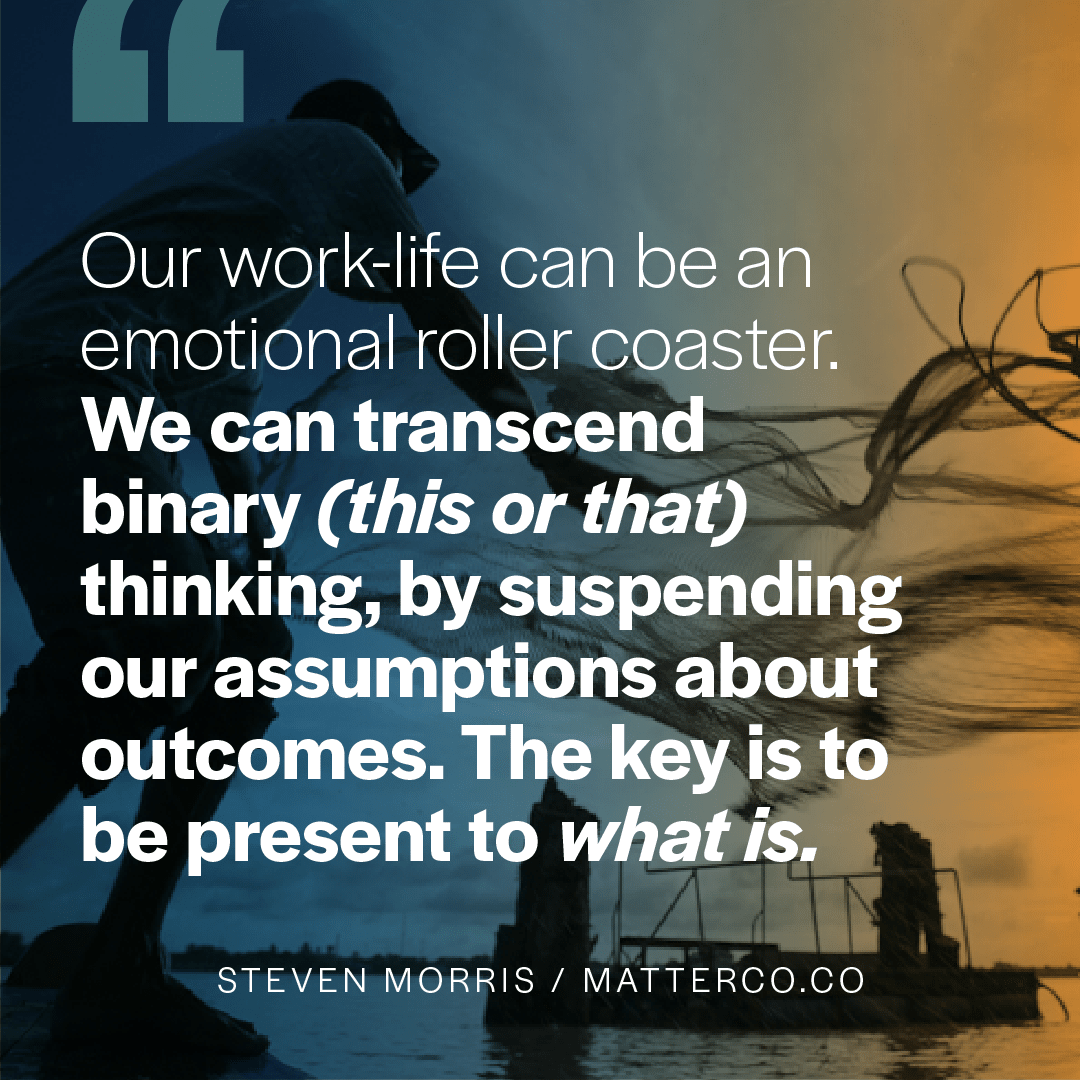
The Maybe Story (Chinese Farmer)
My wife and I heard this story some time ago. I can’t recall the exact source we heard it originally, but we use this story from time to time—more often these days—to remind ourselves not to get attached to assumptive outcomes.
This morning my wife shared one source for the story: Alan Watts. He was an influential Buddhist philosopher who gave lectures throughout the United States on Buddhism, Taoism, and Hinduism. The story is called “The Chinese Farmer Story.”
The Chinese Farmer Story
Once upon a time there was a Chinese farmer whose horse ran away. That evening, all of his neighbors came around to commiserate. They said, “We are so sorry to hear your horse has run away. This is most unfortunate.” The farmer said, “Maybe.”
The next day the horse came back bringing seven wild horses with it, and in the evening everybody came back and said, “Oh, isn’t that lucky. What a great turn of events. You now have eight horses!” The farmer again said, “Maybe.”
The following day his son tried to break one of the horses, and while riding it, he was thrown and broke his leg. The neighbors then said, “Oh dear, that’s too bad,” and the farmer responded, “Maybe.”
The next day the conscription officers came around to conscript people into the army, and they rejected his son because he had a broken leg. Again all the neighbors came around and said, “Isn’t that great!” Again, he said, “Maybe.”
The whole process of nature is an integrated process of immense complexity, and it’s really impossible to tell whether anything that happens in it is good or bad — because you never know what will be the consequence of the misfortune; or, you never know what will be the consequences of good fortune.
— Alan Watts
We’re quick to label certain situations as “bad” if we dislike it. And “good” if we like it. But binary thinking doesn’t always serve us well.
We see this running amuck in our culture today, with people and factions choosing sides. Equally damaging is jumping to quick (sometimes too quick) conclusions about the impacts or benefits of certain situations.
You win a new piece of business, a key employee quits, market conditions shift, your computer stops working, you get an investment influx, your managers are at odds with one another, COVID happens. Is it good? Bad? Maybe.
One thing for sure is that life is uncertain. We never really know what situations may yield us—good, bad, or otherwise. Whatever happens in our life, we’ll never be sure of the consequences it may bring in the future.
Our work-life can be an emotional roller coaster. When we are confronted by emotionally charged circumstances, we instinctively frame situations in binary ways as a way to make sense of things. This mindset presents dilemmas as things to be solved or resolved in favor of one alternative over another.
Going beyond binary thinking is the ability to transcend this or that solutions. It requires us to pause and not jump too quickly to conclusions. The inherent tension that comes from polarization conceals a critical evolution opportunity.
If we can hold the tension long enough we can usher into the third element, the realm of exploration with mediating capacity. This, my friends, is where imaginative opportunity lives.
“You never know what will be the consequence of the misfortune; or, you never know what will be the consequences of good fortune.”
— Alan Watts
If you want to learn more about Alan Watts or watch free lectures, they can be found here on YouTube.
Relevant posts include:
- Soaking Up Life & Making an Impact
- The Change We Seek to Make
- Root, Sap, and Soil
- Three Contrary Wishes
- Integrity, Reciprocity, and Beauty — What The Beautiful Business is About
If you’d like to know more about my work for brands and cultures, go here; and with Entrepreneurs, go here.
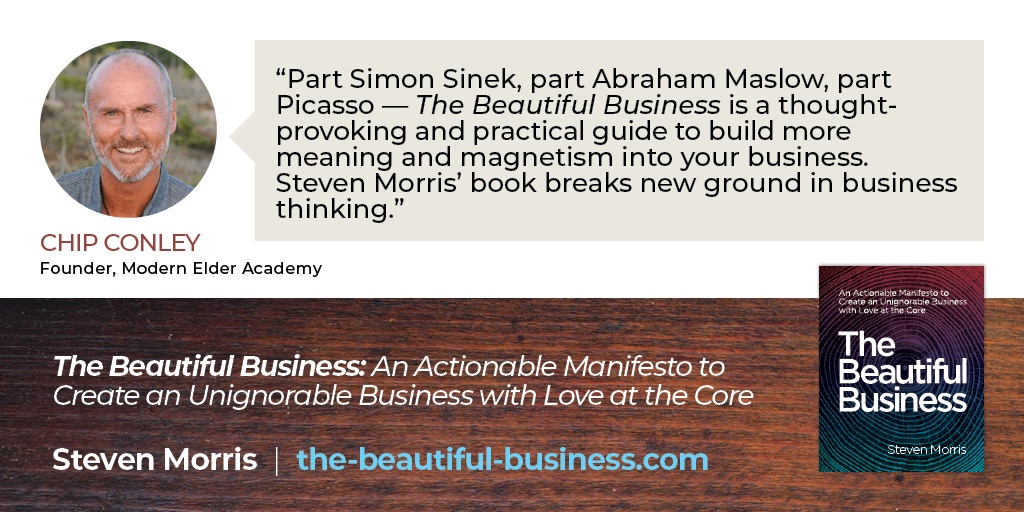
If you want a more trusting team, a culture of belonging or a magnetic brand that attracts more of the right customers, I can help. If you'd like to explore if working together makes sense, drop me a line.





